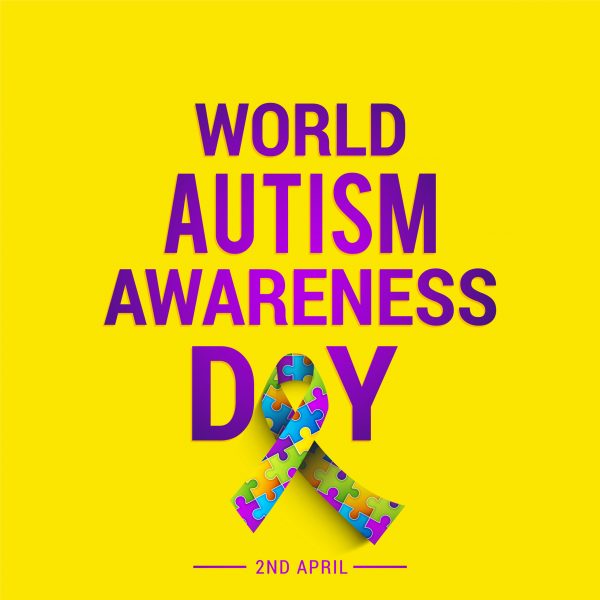Tomorrow is World Autism Awareness Day

Tomorrow is World Autism Awareness Day, a day that aims to put a spotlight on the challenges people with autism face every day. This year’s theme is Inclusion in the Workplace: Challenges and Opportunities in a Post-Pandemic World. We thought we would take the opportunity to talk to one of our Disability Employment Service job seekers, Ian, who lives with autism, about his experiences in the workplace.
Ian, tell us a bit about your background?
“I’m 36 this year, married, and working in a call centre for the NSW Government. I just started last week.”
When were you diagnosed with autism?
“I was officially diagnosed only two years ago but had suspected I was on the spectrum for a few years before that.”
What have been some of the challenges you have faced at work?
“Communication has always been a big issue. I need things explained to me in detail and so I ask a lot of questions. This might come across as rude but it really helps me understand what is required of me. I am also not great with non-verbal communication and so I might look unhappy when I am fine, or have a flat tone which sounds like I am not listening. I am still working on managing these things and finding the best way to minimise their impact.
“Other issues I’ve had is not receiving feedback until it is too late and the problem has gotten out of hand.”
What is your ideal workplace?
“I like working in a team environment and being around people but like my personal space respected. I prefer a structured workplace where I have clear goals that I have to achieve and understand clearly what I need to get there.
“I like a workplace that has an open culture and where everyone is open to discussing issues.
“For people with autism we can manage change as long as it is not sudden. Longer lead up times and clear communication all help.
“I also reflect on my own behaviour, being more self-aware, understanding what my triggers are and introducing strategies to manage them.
“People often think that good jobs for people on the spectrum are entry level or isolated roles like pick packing, data entry or cleaning. But we are capable of so much more if employers were more accommodating.”

